Nutritionist and diabetes health coach Mila (The Hangry Woman) is detailing her experiences with Ozempic and Trulicity—specifically, what happened when she stopped taking the drugs. Mila discontinued her use of the weight loss medication due to heart palpitations (yes, it’s one of the side effects of Ozempic) and went on insulin instead. What happened next was surprising even to Mila, who didn’t know quite what to expect. Here’s what she has to say about what happened when she stopped taking Ozempic.
Successful Weight Loss
Mila continued to lose weight after stopping Ozempic. “I actually ended up losing more weight off of Ozempic, which I was truly surprised about,” she says. “I stopped Ozempic in the middle of September, and from that point until right now, it's almost the last day of November. I've lost another 15 pounds. I don't need to go to Ozempic to continue my weight loss. And unlike what I suspected, I thought that I was going to just immediately gain all of the weight back because I thought that it was really the medicine that was helping me with the weight loss, but it truly lowered my appetite.”
Appetite Changes

Ozempic may have changed Mila’s appetite long-term, as she no longer has out-of-control cravings. “I didn't start to get super hungry again,” she says. “I didn't get this crazy insatiable appetite like I had once had. And that surprised me also because going on insulin, I thought it's going to make me hungrier, it's going to make me gain weight. That's what happens to everybody going on insulin. And it actually hasn't. My appetite hasn't been this crazy insatiable. It's actually kind of stayed what it was with Ozempic.”
RELATED:20 Possible Ozempic Side Effects
Small Meals and Portion Control

Mila continues to eat the smaller meals she had while taking Ozempic. “Because of the smaller meals that I was eating more frequently, and not just having big giant meals all the time for three meals a day, I was eating smaller meals because it was helping with nausea,” she says. “And so I've kind of continued that pattern, and I think that's also been really helpful because I cannot eat a lot per meal. I really have to structure it into smaller bites, smaller portions.”
Calories and Exercise For a Deficit

Mila continued to stick to her calorie count and workout routine. “I'm still eating roughly the same amount of calories,” she says. “I'm tracking and eating about 1400 to 1500 a day. And then, along with exercise, there's also that deficit. I'm exercising like I was before, about three to four times a week. And so honestly, aside from the timing of the portions, my actual lifestyle hasn't changed much, but I'm still seeing the weight loss effects of it.”
She Has Carbs

Mila doesn’t limit carbs these days. “I wouldn't say that I'm limiting my carbs at all because now that I'm taking insulin, I just correct for what I need,” she says. “So I'm probably right now eating about 40 grams of carbs or less per meal. That's a little higher than where I was before before I was 20 to 30. Now, I've allowed myself a little bit more because I can correct it. That doesn't necessarily mean more calories for me; it just means more carbohydrates and adjusting my insulin doses at that point.”
Better Relationship With Food

Mila’s relationship with food has changed for the better. “I feel like I've gotten a lot happier in this process because I don't feel like I am using food restriction as a tool to manage my blood sugars as much anymore,” she says. “And I feel like I was doing that a lot before, and that was very hard for me, coming from a place where I have had disordered eating and I have lived that life of counting every little thing, and I still have to count it, I still have to understand how many carbs I'm eating, but with the correction factor and the ability to adjust, I feel like it's a lot healthier of a relationship with food.”
RELATED:20 Things to Avoid While on Ozempic
No Deprivation

Mila doesn’t feel deprived of her diet anymore. “I am able to look at something and be like, here's the carb count for that. Here's how much insulin I need to take for it,” she says. “So I think that has changed the way I'm eating more healthily, instead of me feeling like I have to restrict food to make sure that my blood sugars are in line. So I am very happy with that switch. I'm very happy that the weight loss has continued, and I don't feel like I'm being deprived. That's one thing that I think has changed my quality of life a lot in these past two months, and it's just made me overall a happy person.”
No More Heart Palpitations

Mila’s heart palpitations disappeared after she stopped taking Ozempic and Trulicity. “I had gotten over the nausea. I had gotten over the diarrhea and stomach issues and all of that stuff, but the one thing that just kept happening to me was the heart palpitations,” she says. “So I stopped after that, and probably within the two weeks that I stopped taking it, the heart palpitations were gone.”
Resting Heart Rate

Mila’s resting heart rate went from 130 to an average rate after stopping the Ozempic. “I don't know if anybody has ever had that situation, but it was not a good time for me. And so I finally said I’m not doing it anymore. My heart rate had lowered to the lower 70s within those two weeks. And so resting my heart rate is usually anywhere from 75 to 80 beats per minute, which is absolutely normal. And I don't have those heart palpitations.”
Better Breathing

Mila no longer has trouble with her breathing. “I don't wake up sweating in the middle of the night,” she says. “I don't wake up with shortness of breath. I'm able to sleep all the way through the night. I can exercise without being winded or just the things that I think for a 30-something-year-old person are very normal. I feel like my body has gotten way back to normal, which is helpful to me, and I feel like that's something that is just good overall.”
RELATED: 20 Things You Need to Know About Ozempic and Weight Loss
Stable Blood Sugar and Insulin Resistance

Mila was thrilled to see her blood sugar was still stable after stopping Ozempic. “I think something else that was really important to me in terms of getting off of it was like, would my blood sugars stabilize?” she says. “And I think because we put insulin in place of Ozempic, my blood sugar still did stay stable. Like I said before, I think it’s in a better place now because I'm having more control with the insulin, and I'm not having nearly as much insulin resistance, which is also really good.”
Healthy and Happy
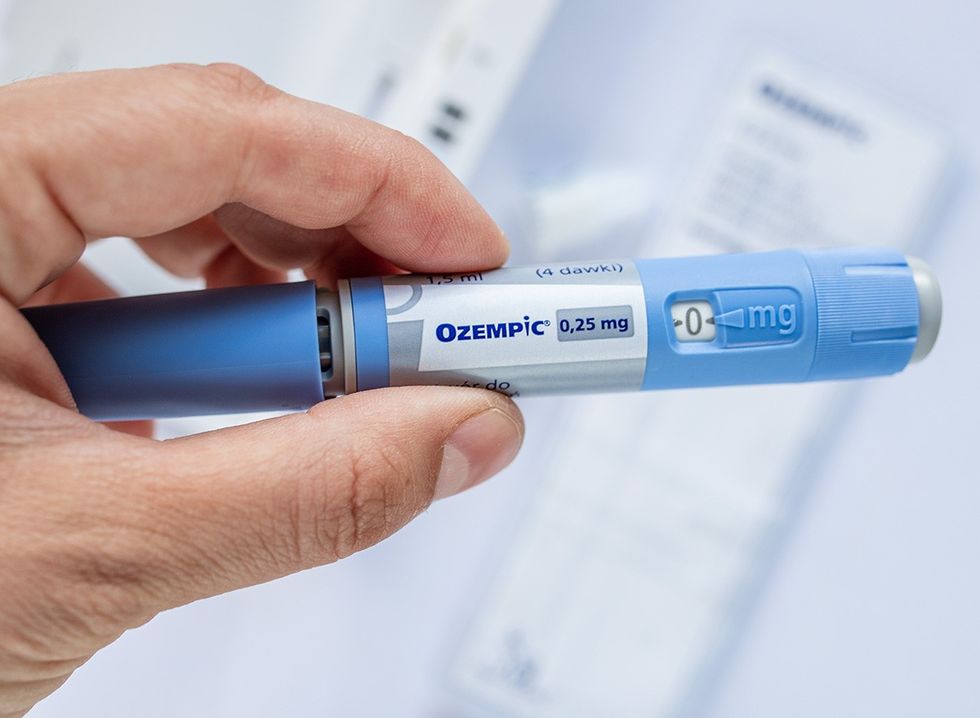
Mila is in the best physical health of her life three months after stopping Ozempic. “Cholesterol numbers were fine, kidney function was fine, liver function was fine,” she says. “Everything was good. And so I think that that is really important. Also, I need to note that the weight thing for me is truly physical because everything else is okay.”
Working On Weight Loss

Mila will continue working on her weight loss goals to look and feel her best. “It's not something I have to obsess about and not something I'm trying to obsess about. But it is something that's just on my mind overall. But I also wanted to shed some clarity on the fact that even taking Ozempic weight loss wasn't the goal. It was a bonus.”
RELATED:4 Best Exercises to Lose Flabby Arms
She Would Do It Again
Mila is still a big fan of Ozempic and, were it not for the side effects, says she would use it again. “If I could go back on Ozempic, I would, to be honest,” she says. “It is an easy injection. It's once a week. You don't have to think about it until the next week. It does a really good job of managing your blood sugars and all of that. But for me, it just did not agree with my body. And that is such a shame because it worked when I needed it to work. But I do feel like the after-effects of it, and I would say aftershocks are what I would call it, those things for me still made it worth it.” And if you enjoyed this article, don't miss 20 Incredible Ozempic Success Stories of All Time.








 3 Simple Weight Loss Tips You'll Wish You Knew SoonerShutterstock
3 Simple Weight Loss Tips You'll Wish You Knew SoonerShutterstock 11 Superfoods to Maintain Muscle Mass As You AgeShutterstock
11 Superfoods to Maintain Muscle Mass As You AgeShutterstock Shutterstock
Shutterstock 7. Lean ChickenShutterstock
7. Lean ChickenShutterstock 44. Brussels sprouts: 43 caloriesShutterstock
44. Brussels sprouts: 43 caloriesShutterstock Coach Reveals 10 Fruits to Help Burn Belly FatShutterstock
Coach Reveals 10 Fruits to Help Burn Belly FatShutterstock Shutterstock
Shutterstock Shutterstock
Shutterstock Your Path to Sustainable Weight Loss[Shutterstock
Your Path to Sustainable Weight Loss[Shutterstock






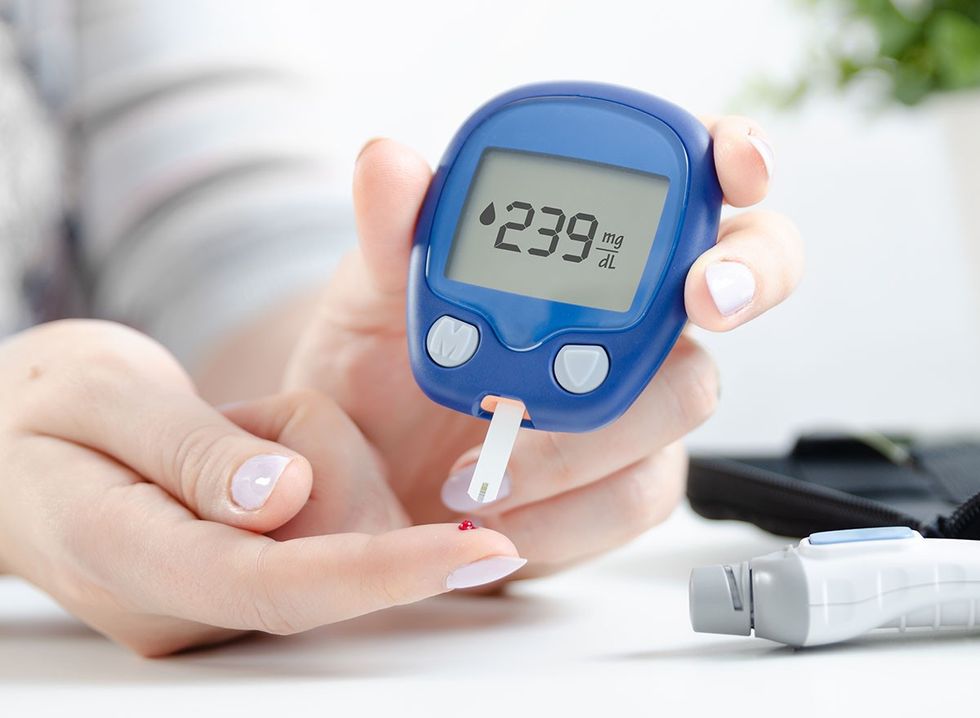
 What Happens to Your Body When You Stop Emotional EatingShutterstock
What Happens to Your Body When You Stop Emotional EatingShutterstock Shutterstock
Shutterstock Shutterstock
Shutterstock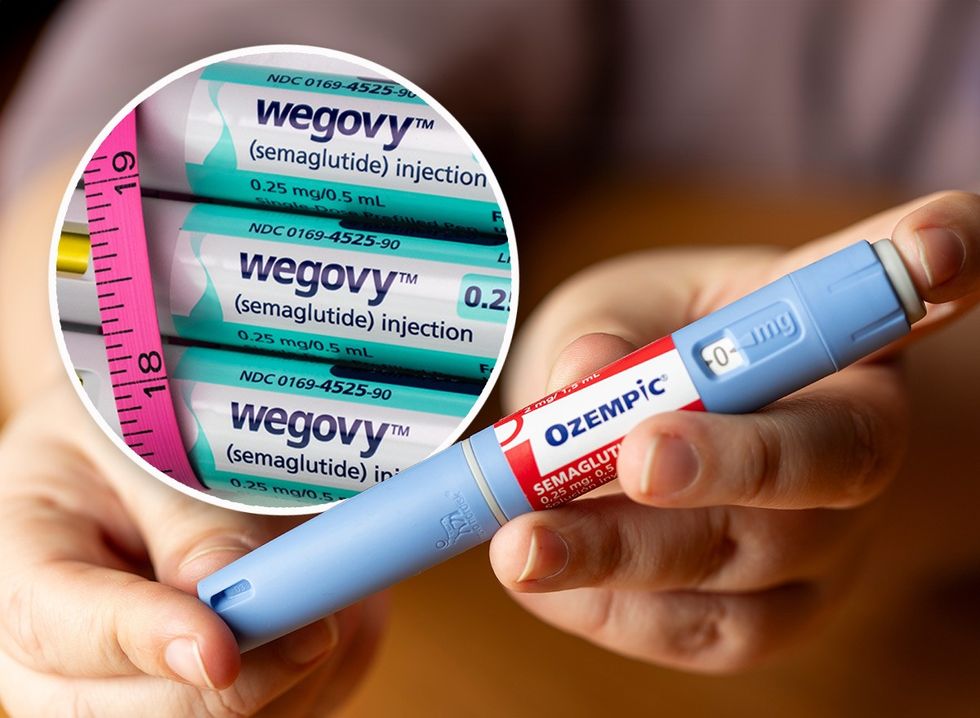 Wegovy vs Ozempic: Pros and Cons for Weight Loss TreatmentShutterstock
Wegovy vs Ozempic: Pros and Cons for Weight Loss TreatmentShutterstock And Now, Some Are Recommending MicrodosingShutterstock
And Now, Some Are Recommending MicrodosingShutterstock

 Combining Natural GLP-1 Boosters for Maximum ResultsShutterstock
Combining Natural GLP-1 Boosters for Maximum ResultsShutterstock Myth 4: Fat Is Bad For Your HeartShutterstock
Myth 4: Fat Is Bad For Your HeartShutterstock

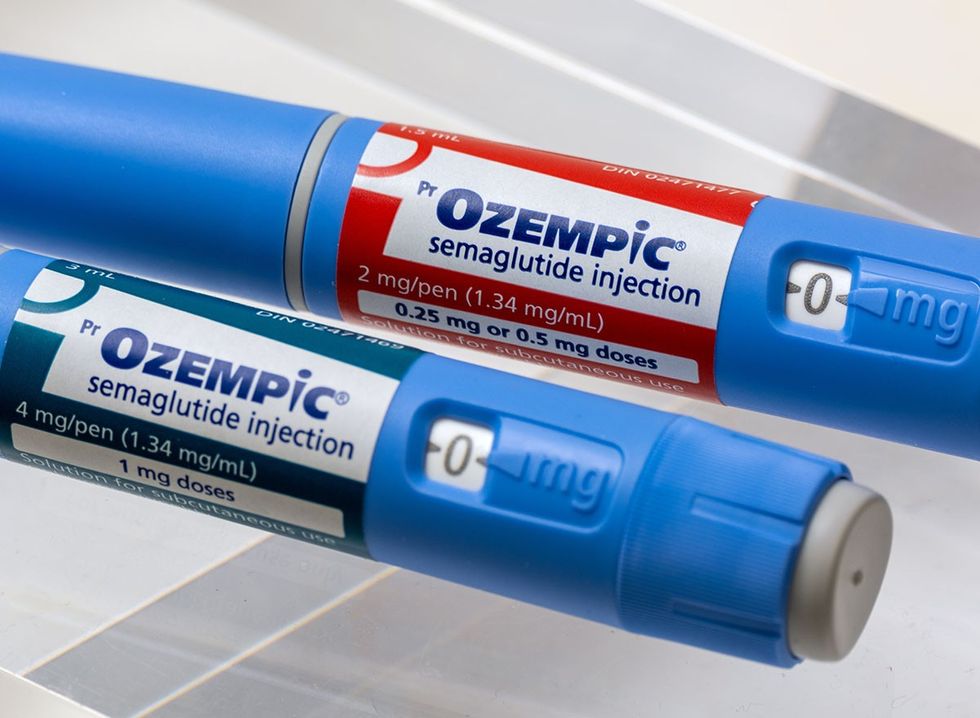 These Were Game ChangersShutterstock
These Were Game ChangersShutterstock Creating Sustainable HabitsShutterstock
Creating Sustainable HabitsShutterstock DinnerShutterstock
DinnerShutterstock Wegovy vs Ozempic: Pros and Cons for Weight Loss TreatmentShutterstock
Wegovy vs Ozempic: Pros and Cons for Weight Loss TreatmentShutterstock
 How to Make Evening Walks a HabitShutterstock
How to Make Evening Walks a HabitShutterstock Shutterstock
Shutterstock Shutterstock
Shutterstock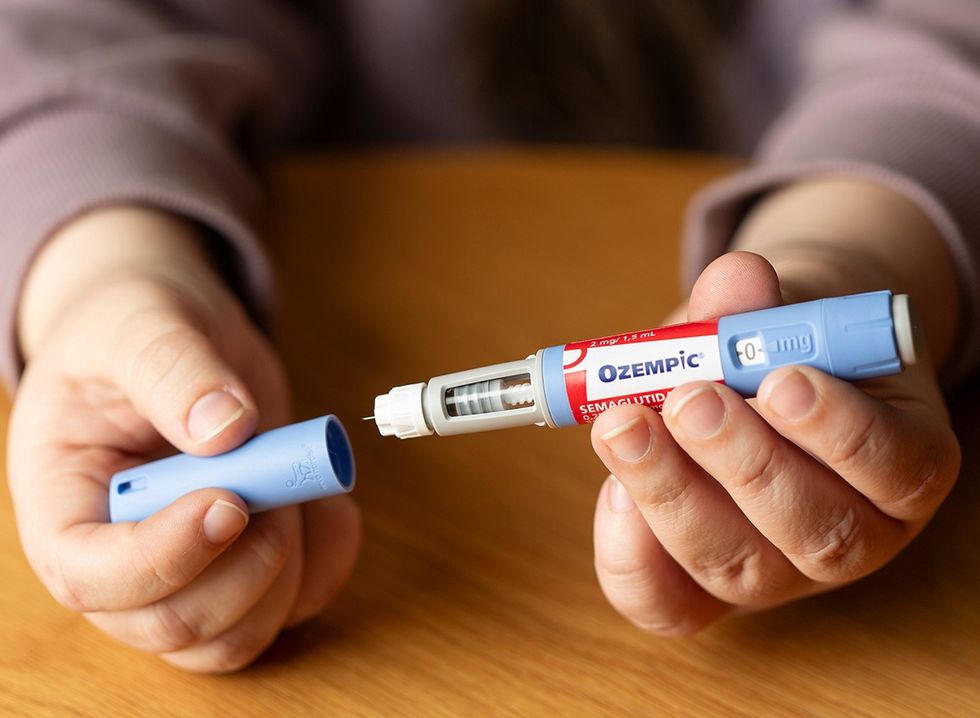 Shutterstock
Shutterstock Shutterstock
Shutterstock Shutterstock
Shutterstock Shutterstock
Shutterstock Shutterstock
Shutterstock
 Shutterstock
Shutterstock
 Shutterstock
Shutterstock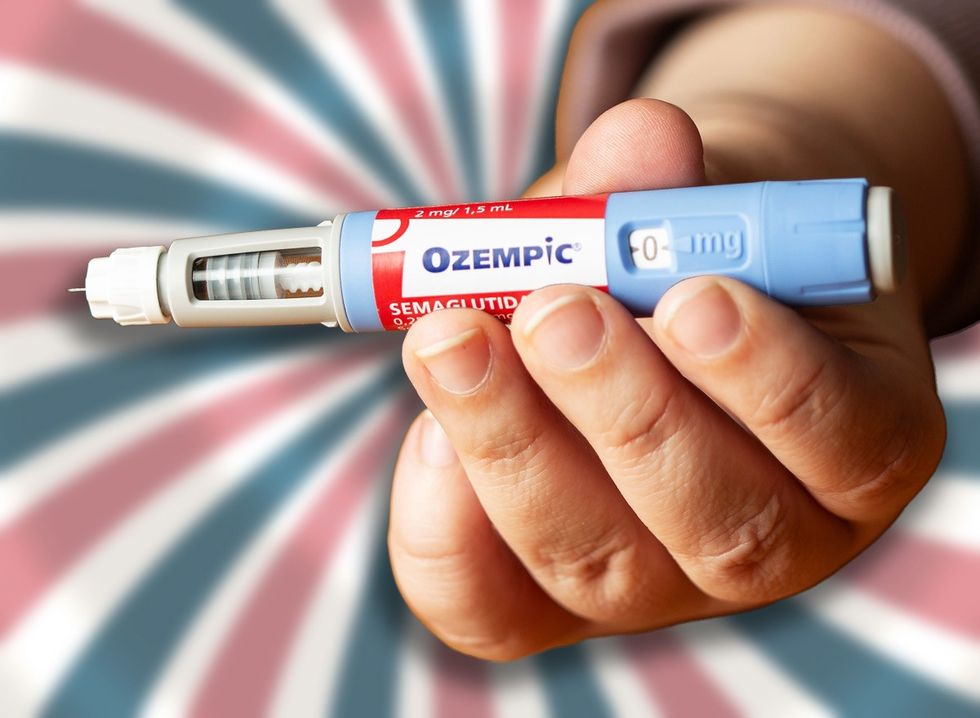 Shutterstock
Shutterstock

 Shutterstock
Shutterstock Shutterstock
Shutterstock Shutterstock
Shutterstock Shutterstock
Shutterstock Shutterstock
Shutterstock Shutterstock
Shutterstock Shutterstock
Shutterstock Shutterstock
Shutterstock Shutterstock
Shutterstock Shutterstock
Shutterstock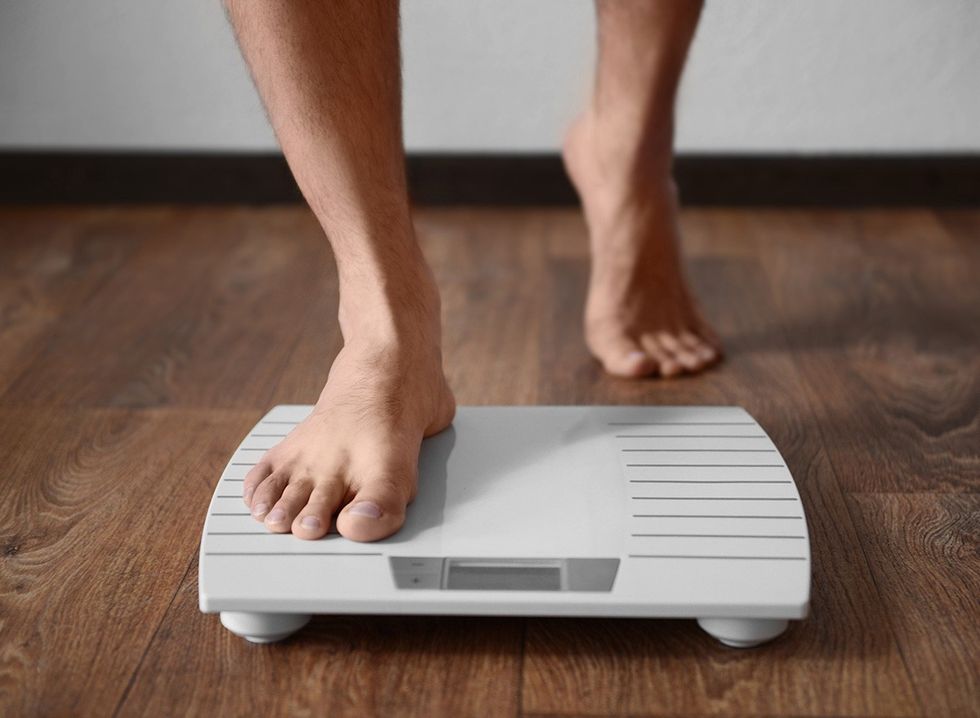 Shutterstock
Shutterstock Shutterstock
Shutterstock Shutterstock
Shutterstock Shutterstock
Shutterstock Shutterstock
Shutterstock Shutterstock
Shutterstock Shutterstock
Shutterstock Shutterstock
Shutterstock

 I'm a Nutritionist and These 9 High-Protein Snacks Keep My Clients Full While Losing 50 Pounds
I'm a Nutritionist and These 9 High-Protein Snacks Keep My Clients Full While Losing 50 Pounds
 Shutterstock
Shutterstock 2. Processed FoodsShutterstock
2. Processed FoodsShutterstock Shutterstock
Shutterstock Shutterstock/Prostock-studio
Shutterstock/Prostock-studio Shutterstock
Shutterstock Pro TipsShutterstock
Pro TipsShutterstock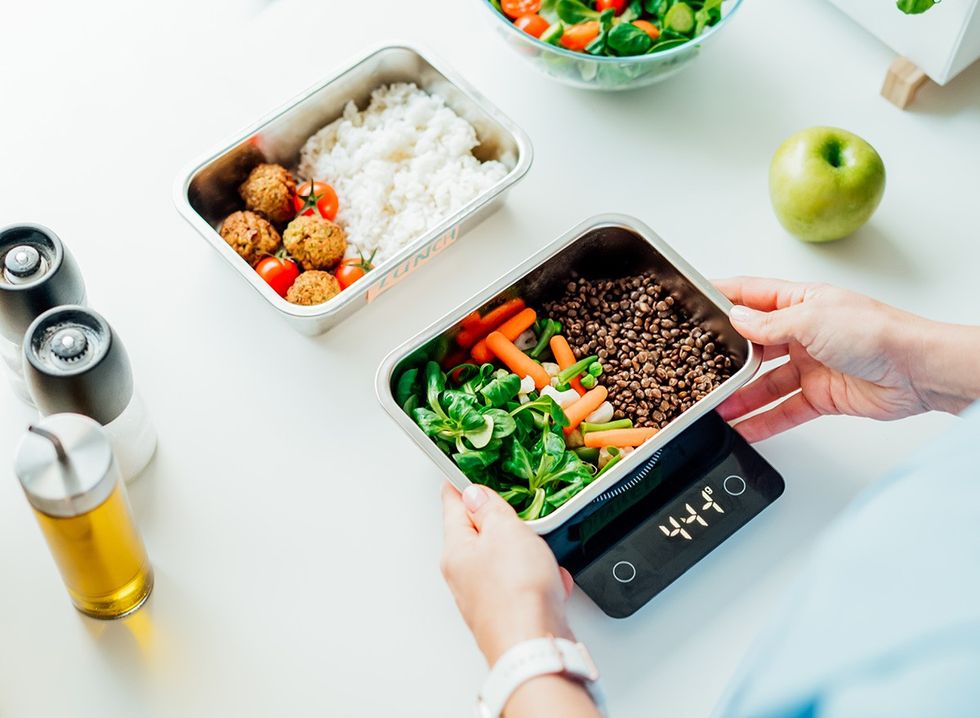 Shutterstock
Shutterstock Shutterstock
Shutterstock Shutterstock
Shutterstock Shutterstock
Shutterstock Don’t Drink as Much AlcoholShutterstock
Don’t Drink as Much AlcoholShutterstock Most Women on GLP-1s Are Making a Few Common MistakesShutterstock
Most Women on GLP-1s Are Making a Few Common MistakesShutterstock Soda and Sugary DrinksShutterstock
Soda and Sugary DrinksShutterstock Shutterstock
Shutterstock Eat BreakfastShutterstock
Eat BreakfastShutterstock And Improve Insulin SensitivityShutterstock
And Improve Insulin SensitivityShutterstock Belly Flab Strip Tip: Sugar and Fat Calories Leave Its Mark on Your BodyShutterstock
Belly Flab Strip Tip: Sugar and Fat Calories Leave Its Mark on Your BodyShutterstock Shutterstock
Shutterstock 3. Deep-Fried ItemsShutterstock
3. Deep-Fried ItemsShutterstock